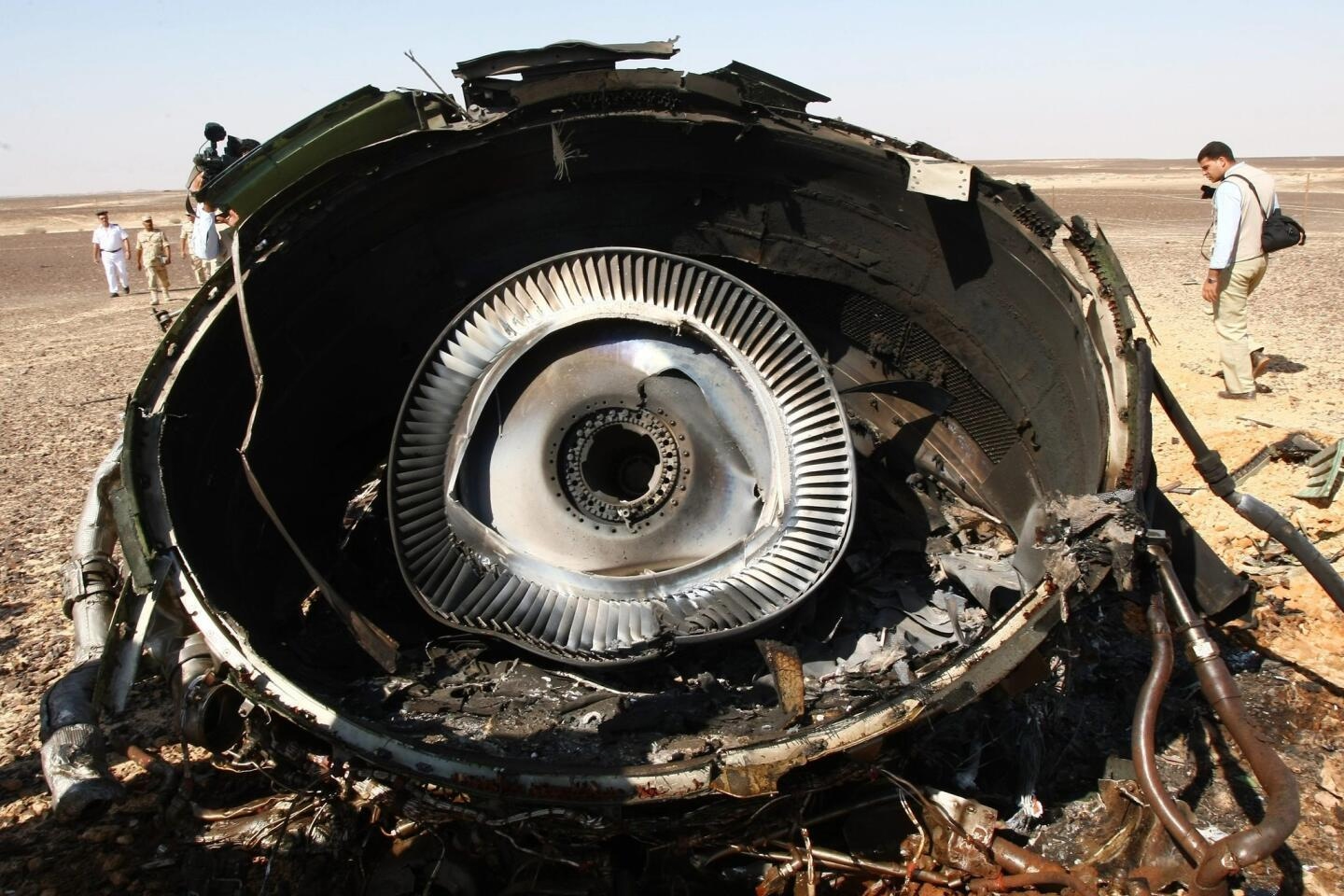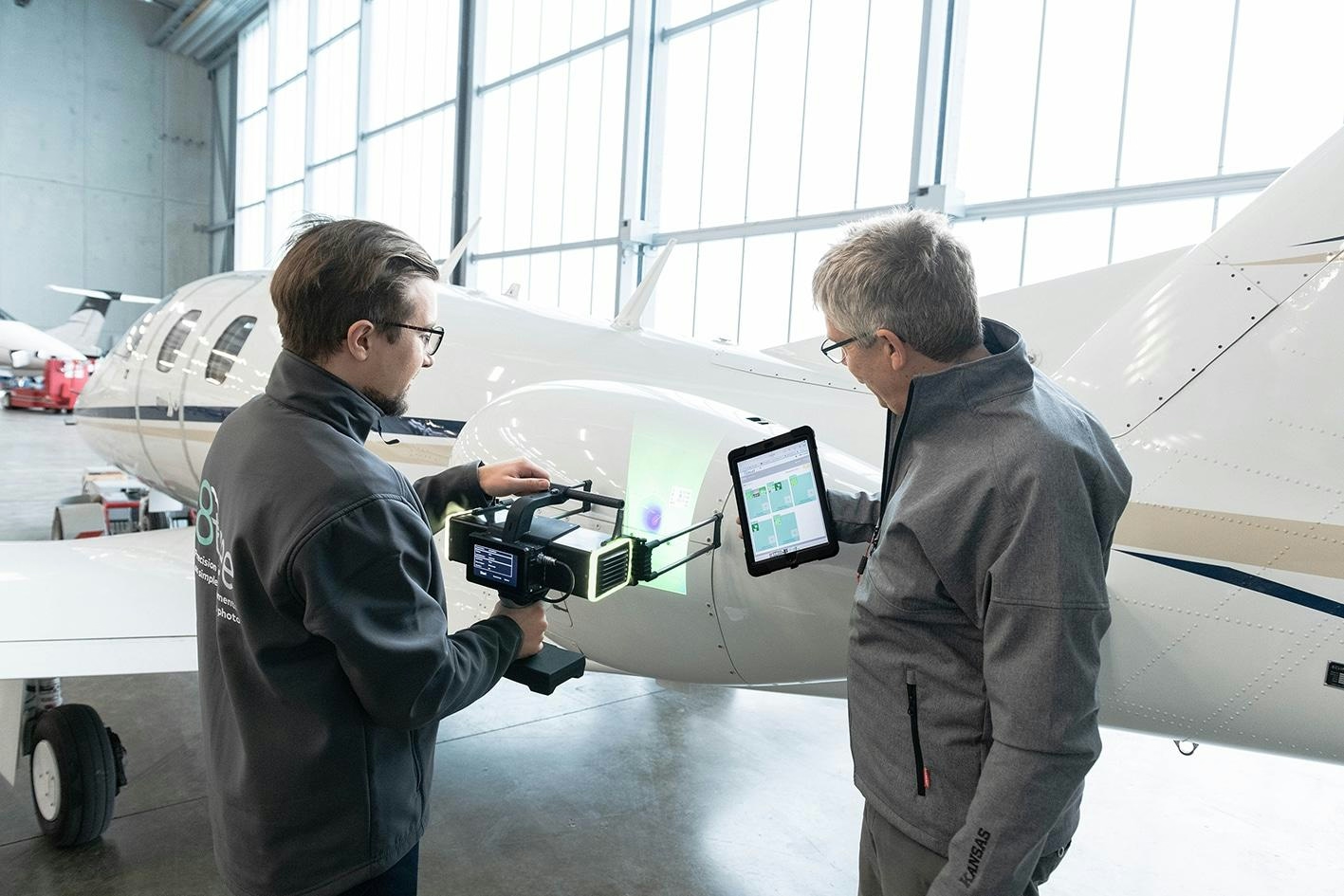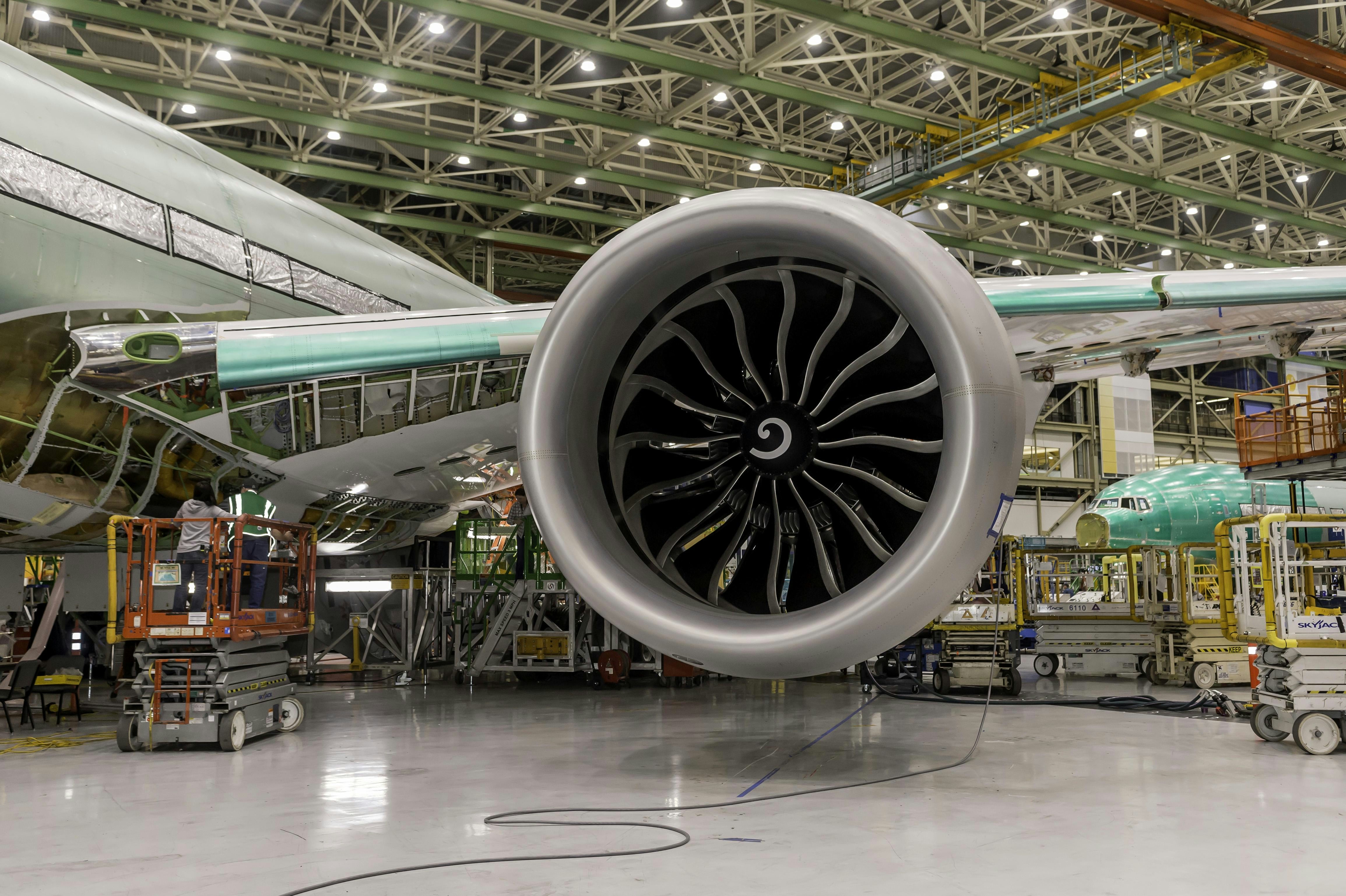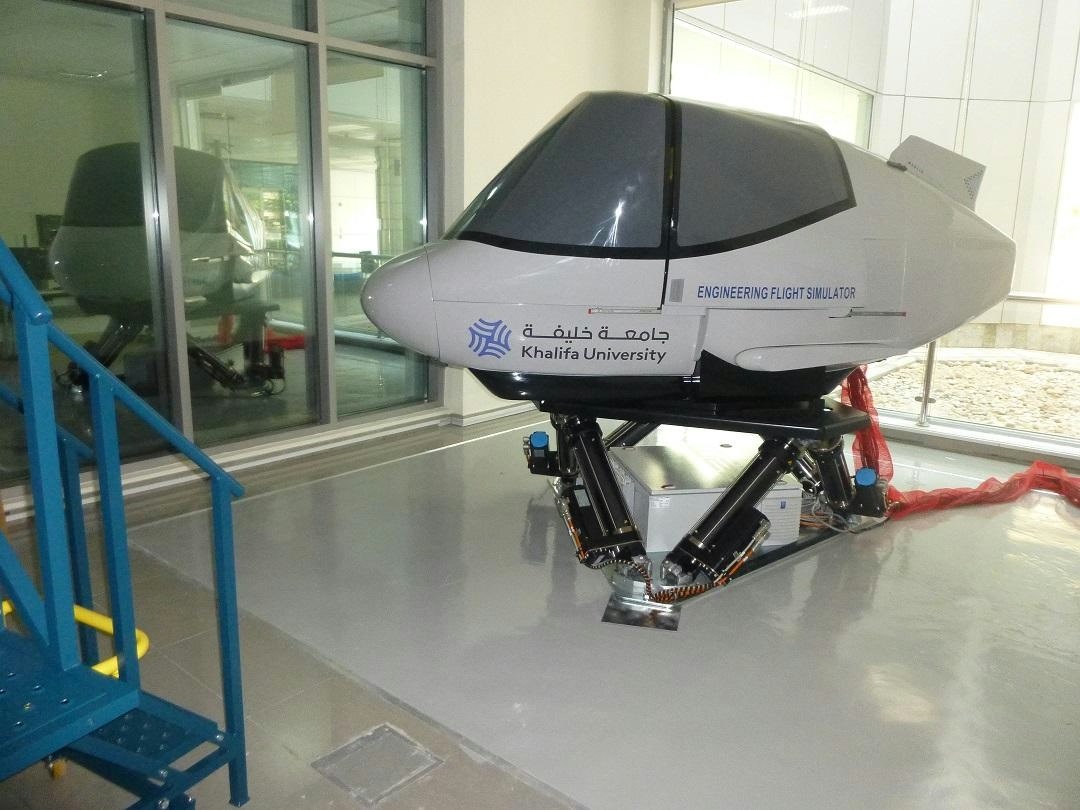
Smarter email, faster business.
Trending
Russian Jet Loses Engine Part During Takeoff, Avoids Disaster

Russian Passenger Jet Loses Engine Component During Takeoff, Executes Emergency Landing
A Russian passenger aircraft narrowly averted disaster after losing a critical engine component during takeoff, necessitating an emergency return to Moscow’s Vnukovo Airport, according to local media reports.
The incident involved an Azimuth Airlines Superjet-100 flying from Moscow to Batumi, Georgia. Shortly after departure, the right engine’s cowling detached, prompting the flight crew to immediately request an emergency landing. Vnukovo Airport was placed on heightened alert as the aircraft circled back and landed safely. All passengers disembarked without injury.
Inspection Reveals Extensive Engine Damage Amid Industry Concerns
Video footage circulating on Russian social media showed engineers examining the damaged engine, which reportedly sustained harm on both sides. One technician described the scene as a “mess,” highlighting the severity of the malfunction. This event has intensified existing concerns about the reliability of Russia’s commercial aviation sector, which has been under pressure due to Western sanctions limiting access to spare parts for foreign-manufactured aircraft.
Azimuth Airlines experienced a comparable incident two years prior, when another Superjet-100 lost engine flaps during takeoff from Mineralnye Vody in southern Russia. The recurrence of such technical failures has drawn increased scrutiny toward Russian aerospace safety standards.
In the past week alone, Russian Telegram channels have reported at least seven aircraft encountering in-flight malfunctions or being grounded due to technical difficulties. Industry experts warn that the ongoing shortage of spare parts is adversely affecting operational safety across the sector.
Broader Implications for Russian Aviation Amid Sanctions
Sergei Chemezov, head of the state-owned defense conglomerate Rostec and a close ally of President Vladimir Putin, recently warned that Russian airlines may be compelled to retire a significant portion of their fleets. He estimated that at least 200 Western-built aircraft currently operated by Russian carriers will need to be replaced with domestically produced models by 2030, though the actual figure could be higher.
The latest emergency landing is expected to prompt increased scrutiny from aviation regulators and insurers. Insurance premiums for Russian carriers may rise, while investor confidence in the industry could be undermined. Competing aerospace manufacturers are likely to emphasize their own safety records and technological advancements, positioning their products as more reliable alternatives in the global market.
As Russia’s aviation industry continues to grapple with sanctions and supply chain disruptions, this incident underscores the mounting challenges confronting the country’s airlines and highlights the potential risks for passengers and operators alike.

Vueling Airlines and Commercial Jet Adopt dentCHECK Technology from 8tree

Airbus Signs New Agreement with Chinese Partner Amid Reports of Large Order

IATA Says Airlines Hesitant to Accept Aircraft Deliveries Amid Tariff Uncertainty

Flying Taxi CEO Regains Billionaire Status After Stock Surges 160%

Delta to Use AI for Ticket Pricing

Khalifa University Students Drive Aerospace Innovation with Merlin MP521 Flight Simulator

Woodward Stock Gains on AI Data Center and Aerospace Prospects

Joby Aviation to Double Production at Air Taxi Manufacturing Facility

Military Aircraft Maintenance Market Projected to Reach $145 Billion by 2034
